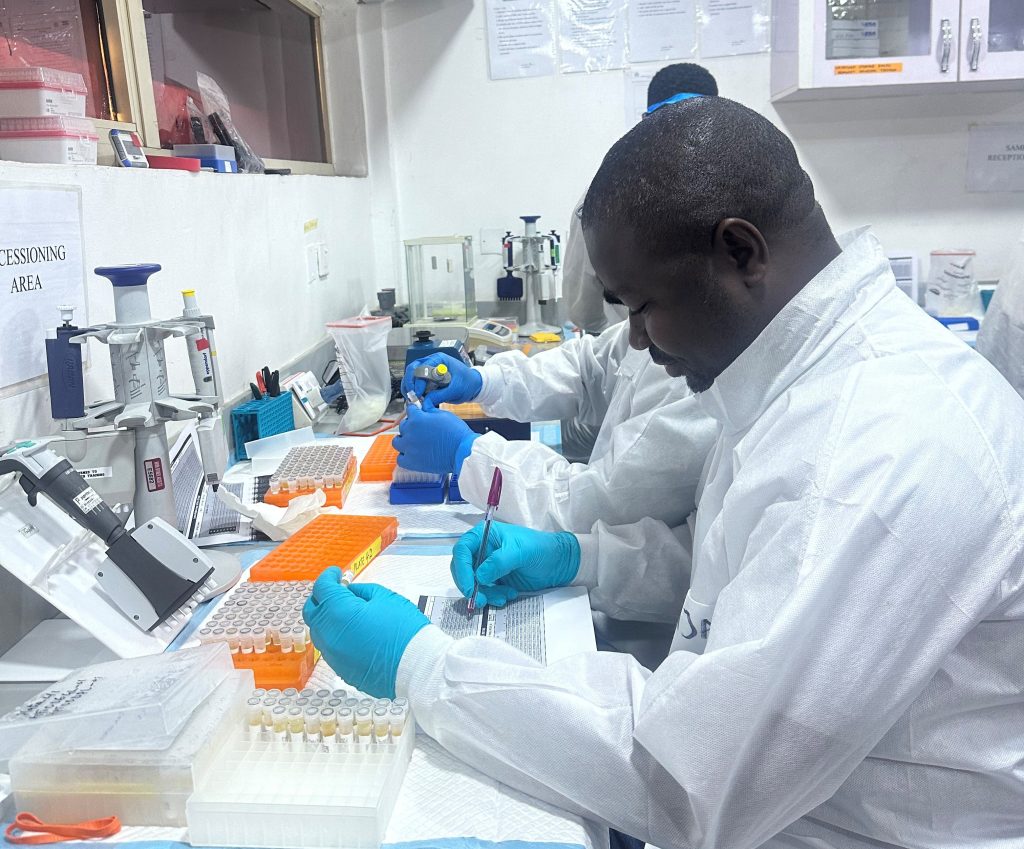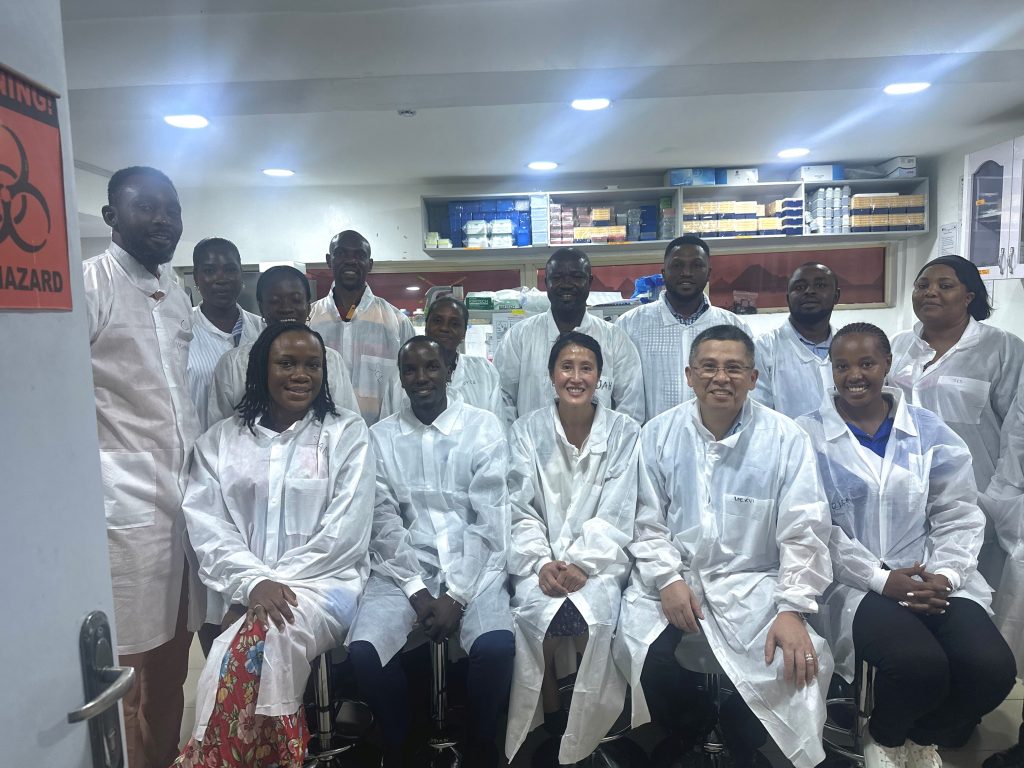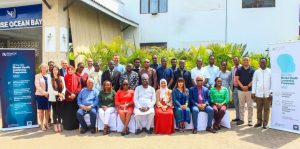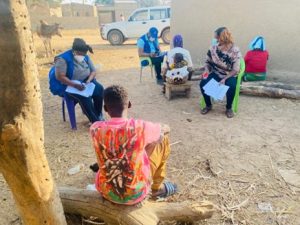Optimizing HIV diagnosis through a multiplex assay: A collaborative effort in Nigeria
-
by
AFENET


The African Field Epidemiology Network (AFENET) with funding from the United States Centers for Disease Control and Prevention (CDC) is implementing a laboratory project to validate a novel bead-based multiplex assay and rapid tests for recent infections using the Luminex MagPix instrument In Nigeria.
Over the years, diagnosis of HIV has been performed solely using rapid diagnostic test kits, followed by the Determine/Unigold kits to serotype into HIV-1, HIV-2, or dual HIV-1/2 infection, and an additional test, Asante/Geenius to classify HIV infection into recent or long term.
The need for several assays to diagnose/confirm HIV serology, perform HIV typing, and then recent infection testing inherently leads to additional sample volume requirements and multiple testing steps resulting in a lengthy, laborious, and costly process. To address this, the United States Centers for Disease Control and Prevention (CDC) HIV Serology & Incidence Team in 2017, developed a multiplex bead-based assay that combines HIV diagnosis, serotyping, and recency classification, all in a single assay. (Yufenyuy and Parekh 2018)
To validate this assay, a team of CDC experts from the International Laboratory Branch (ILB) have joined a team of laboratory scientists at the Multiplex Bead Assay lab at the Nigeria CDC, National Reference Laboratory (NRL).
In the next three months, the team will conduct testing for 25,000 HIV-negative specimens from the Nigeria AIDS Indicator and Impact Survey (NAIIS) conducted in 2017-2018.
This is a collation between the Federal Ministry of Health, AFENET, National AIDS, Viral Hepatitis and STI’s Control Program, Nigeria CDC), US CDC, and APIN Public Health Initiative.



